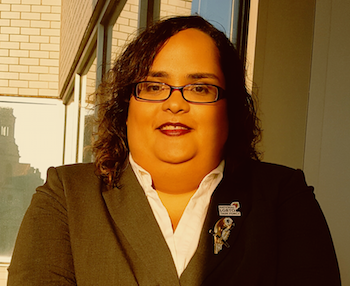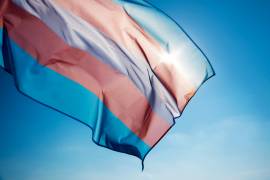Lambda Legal today filed a federal lawsuit on behalf of three transgender Puerto Ricans and the LGBT rights organization Puerto Rico Para Tod@s to compel the Commonwealth of Puerto Rico to allow transgender individuals to correct the gender marker on their birth certificates.
“Puerto Rico categorically prohibits changes to the gender marker on birth certificates, even for those whose birth certificate does not match who they are. This policy has no rational justification in law or practice,” Lambda Legal Staff Attorney Omar Gonzalez-Pagan said. “In fact, government officials in Puerto Rico know this, as they, appropriately, allow transgender individuals to correct the gender marker on their drivers’ licenses. Puerto Rico’s birth certificate policy is at odds with the federal government’s policies, with 46 out of the 50 states in the United States and the District of Columbia, and with common sense.”
Lambda Legal filed the lawsuit today in the U.S. District Court for the District of Puerto Rico on behalf of two transgender women – Daniela Arroyo González and Victoria Rodríguez Roldán – and one transgender man, J.G., identified only by his initials, as well as Puerto Rico Para Tod@s.
The lawsuit argues that denying transgender Puerto Ricans the ability to obtain accurate birth certificates violates the Equal Protection and Due Process clauses of the U.S. Constitution. In addition, the lawsuit argues that forcing transgender Puerto Ricans through their birth certificates to identify with a gender that is not who they are violates their right to free speech under the First Amendment.






